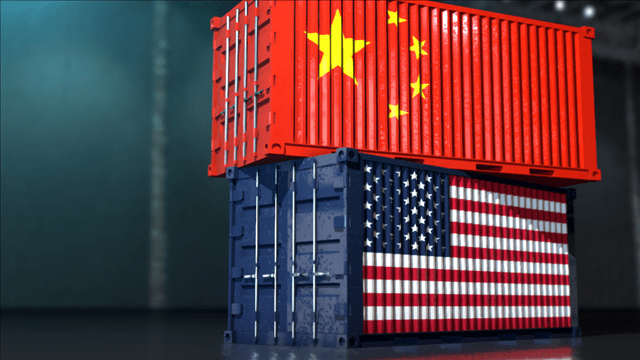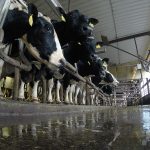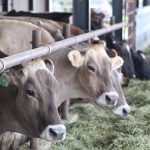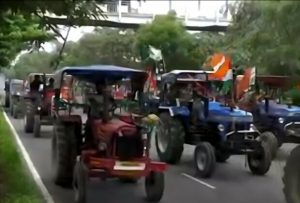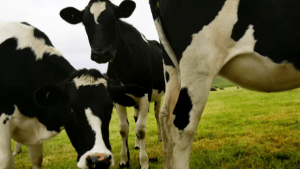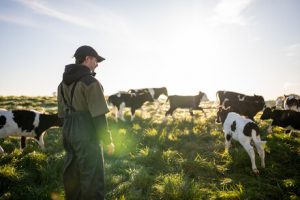
“It’ll be interesting to see, once the text becomes available in the public, precisely what’s in the agreement,” he told AgriTalk host Chip Flory on Tuesday.
Here are a few things to keep an eye on:
Tariff Exemptions. Earlier this year the Chinese enabled the U.S. to have a one-year exemption from retaliatory tariffs on whey permeate. The country has been ravished by African swine fever and whey permeate has been proven to help increase litter size and to help piglets grow faster.
“I went to China and spoke with Chinese officials about that very fact,” Vilsack added. “I said, ‘Look, I understand that your hog herds have been devastated. If you want to rebuild it more quickly, you’re going to need whey permeate to do that, we can provide it.’”
The Chinese saw it was in their self-interest to reduce those tariffs and it did lead to additional sales of American dairy into china.
“Our hope is that that will continue this African swine fever is of concern, not just in China but in Southeast Asia,” he added. “Now, there are now concerns in Europe, that it may spread to Europe as well. It’s a devastating disease crossing our fingers up and never gets to the U.S.”
Still, Vilsack doesn’t expect to get a lot of clarity in terms of tariffs from the Phase One deal.
“I think we are going to get some indications that the Chinese are going to make it a little bit easier to do business in China,” he explained. “The plant certification process that has been in place has been cumbersome. I’m hopeful that disagreement basically provides for an easier time to access this market.”
Agricultural Purchases. It’s no secret that part of this Phase One Deal includes a purchasing commitment from China. Will that include a substantial amount of dairy? Vilsak sin’t sure, but says the industry is hopeful it will. Despite the growth of the Chinese dairy industry, consumers there still have safety concerns about domestic milk.
“They’ve obviously seen an increase in production of their own dairy industry but there’s still concerns on the part of Chinese consumers about the safety of Chinese dairy production,” Vilsack explained. “That’s one of the benefits that we have in the U.S. We not only have ample supply, but we can assure the Chinese and the nation and the world that we have a safe and sustainably produced supply as well.”
Infant Formula Exports. Infant formula presents an important opportunity for U.S. dairy. Vilsack is hopeful that this agreement removes or reduces some barriers that have made it difficult to get U.S. infant formula into China.
Enforcement Mechanisms. “You’re going to want to keep an eye on the enforcement mechanisms. How do we make sure the Chinese are going to do what they say they’re going to do? How can we enforce it if they if they choose not to?” he asked. “I’m going to be looking very closely at what the enforcement mechanisms are in this agreement.”
U.S. Trade Representative Robert Lighthizer has done a good job making the agreement as “airtight” as it can be, according to Vilsack, which provides some assurance that this deal will actually help U.S. dairy.
